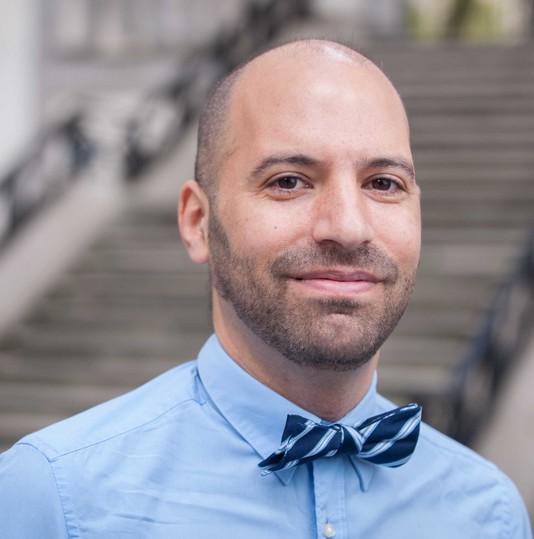Dror Weil

I am a historian of China and the Islamicate world, focusing on scientific and other textual exchanges between the Islamicate world and China, mainly between the thirteenth and eighteenth centuries.
Before joining the History Faculty in April 2021, I served as a University Lecturer in History of Asia, pre-1750, at King’s College London. I received a BA degree from Tel Aviv University, an MA in History from Taiwan’s National Chengchi University, and an MA in East Asian Studies from Princeton University. I received my PhD from Princeton University in 2016 with the dissertation “The Vicissitudes of Late Imperial China's Accommodation of Arabo-Persian Knowledge of the Natural World, 16th-18th Centuries,” supervised by Professors Benjamin A. Elman and Michael A. Cook. I was a recipient of a Post-doctoral Fellowship from The Thomas Arthur Arnold Fund for Excellence in Historical Research at Tel Aviv University in 2016 and a postdoctoral fellow at the Berlin Center for the History of Knowledge and Max Planck Institute for the History of Science in Berlin between from 2017 to 2019.
In my previous projects, I have explored the intersection of religious communities and scientific knowledge through the prisms of scholarly practices and translation of Arabic and Persian texts in China, as well as the larger global circulation of knowledge beyond Europe during the late-medieval and early modern periods. In that context, I have studied China's participation in the Islamicate book culture during the seventeenth and eighteenth centuries, the fourteenth-century transformation in China’s reception of Arabo-Persian astronomy, the role of Chinese-Muslims as agents of astral knowledge in late imperial China, the Persian sources of a medieval Chinese formulary of Islamic medicines (known as Huihui yaofang), and the histories of Arabo-Persian libraries, literacies, and scholarly practices in late imperial China.
As a member of a research group dedicated to a global study of pre-modern translation of medicine and the body, convened by Elaine Leong, Sietske Fransen and Tara Alberts between 2016 and 2019, I explored the ways by which Liu Zhi, an early-eighteenth century Chinese-Muslim scholar, articulated Greco-Arabo-Persian physiological theories and concepts in his Chinese treatises. The outcomes of this group’s work will be published as a special issue of Osiris next year.
I have joined hands with Katja Krause and Maria Avxentevskaya from the Max Planck Institute for the History of Science in Berlin to convene a series of conferences on the subject of the premodern experience of the natural world in translation. The outcomes of this multi-year project will come out as an edited volume by Routledge in 2022. The volume draws together studies of historians of science and historians of philosophy, exposing the variability of the concept of ‘experience’ and the ways it was re-purposed within the context of the global expansion of the Aristotelian tradition during the late medieval and early modern periods. My contribution to this volume includes the editors’ introduction and a chapter on the emergence of the genre of Arabic medical tables during the eleventh century.
